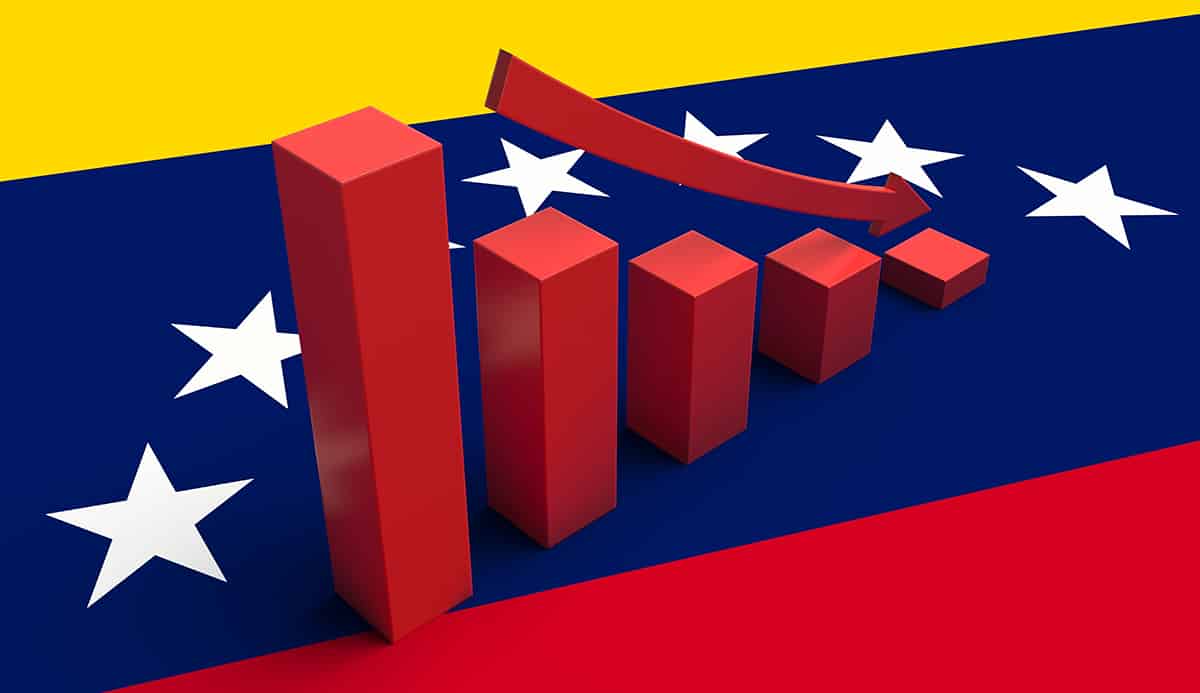Prices falling in Venezuela? Yes, for the moment.
In February, President Nicolas Maduro’s ravaged economy saw its first month of deflation since 2007, according to opposition think tank Finance Observatory. Annual inflation clocked in at 85%—not great, except compared to more than 400% a year ago—and the cost of food dropped more than 3%.
“From a terribly low base, life is getting a very little better in Venezuela,” says Alejo Czerwonko, CIO for Emerging Markets Americas at UBS Global Wealth Management.
That improvement rests on two shaky pillars. The US poked a hole in its sanctions regime in late 2022, allowing oil major Chevron to resume some drilling in Venezuela and supply some desperately needed dollars. Caracas has used the greenbacks to mop up bolivars, bolstering the local currency.
Maduro, after an extended bout of hyperinflation, has also tightened domestic spending. Minimum wages have remained unchanged for the past two years, allowing price rises to eat up purchasing power, notes Ryan Berg, director of the Americas program at the Center for Strategic and International Studies.
Both achievements are at risk, however, as Venezuela heads toward elections scheduled for July. Washington could close the Chevron loophole if Maduro strongarms his way to a fresh six-year term as president. Venezuela’s Supreme Justice Tribunal has already disqualified the opposition’s chosen candidate, Maria Machado, on charges of corruption and supporting US sanctions.
With the opposition hobbled, Maduro will still be tempted to relax fiscal austerity to win votes. “Maintaining orthodox policy requires that he not spend any money on his base,” Berg says. Street protests are already on the rise among state and unionized employees who traditionally support the regime, he notes.
Despite the glimmer of good inflation news, to say that Venezuela faces a long road back is a massive understatement. The economy shrank by one third from 2014 to 2021, Czerwonko notes. One fourth of the population—more than seven million people—have fled the country and oil production has cratered by 70% in the past decade, even with the Chevron bounce last year. Still, a very little better is better than worse and worse.




